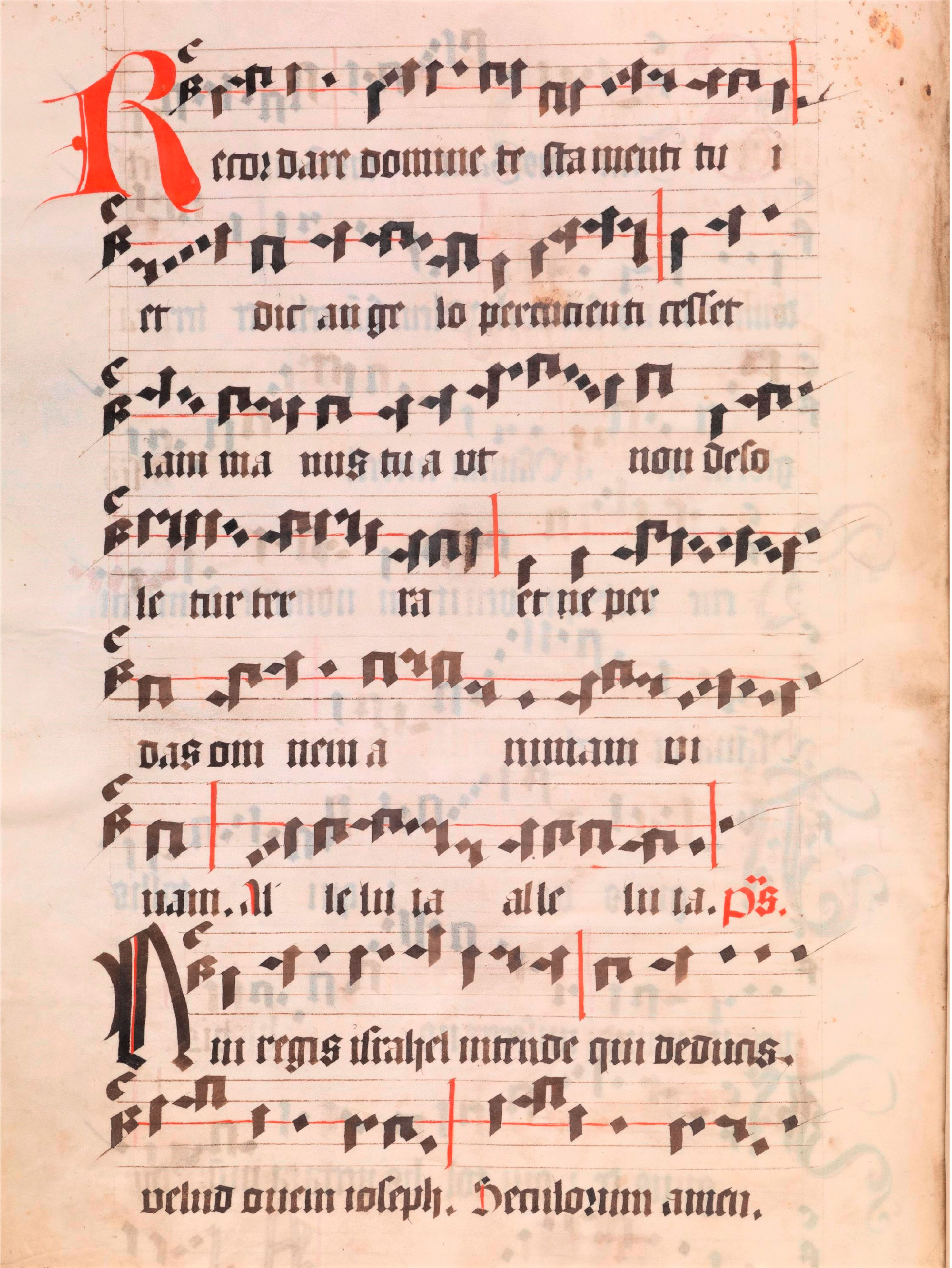
Alongside a "Plague Mass" by Pope Clement VI against the 'Black Death,' which began in 1347 and claimed millions of lives in Europe, there are compositions dedicated to the plague saints Sebastian and Rochus. A special feature is the German-language songs of the Flagellants, who went on a 33-day pilgrimage, publicly whipping themselves. This will be an audio-visual spectacle of the late Middle Ages. Starting in 1348, several thousand people marched in pairs in long processions through the cities, publicly whipping themselves according to a strictly regulated ritual. The German chants of this Flagellant movement were heard by the chronicler Hugo von Reutlingen and recorded around 1349.
These bloody penitential practices by laypeople were not unfamiliar to the Catholic Church, but as this movement grew out of fear of imminent death from the plague and the expected purgatory, Pope Clement VI intervened. He issued a bull, imposed a ban on these practices, and in 1348, composed an official "Mass against the Plague," which he titled Missa pro vitanda mortalitate (Mass to Avoid Death).
The INTROITUS "Recordare domine testamenti tui" from the Mass against the Plague of 1348
(Figure with kind permission of the Bamberg State Library, Photo: Gerald Raab)
A manuscript of this Mass from the Bamberg State Library (Msc. Lit. 15) was written in 1496 by a monk named Amandus, and a rubric there attests to the Missa contra mortalitates homini, fame et pestilencia (Mass against the Mortality of Humans from Hunger and Pestilence).